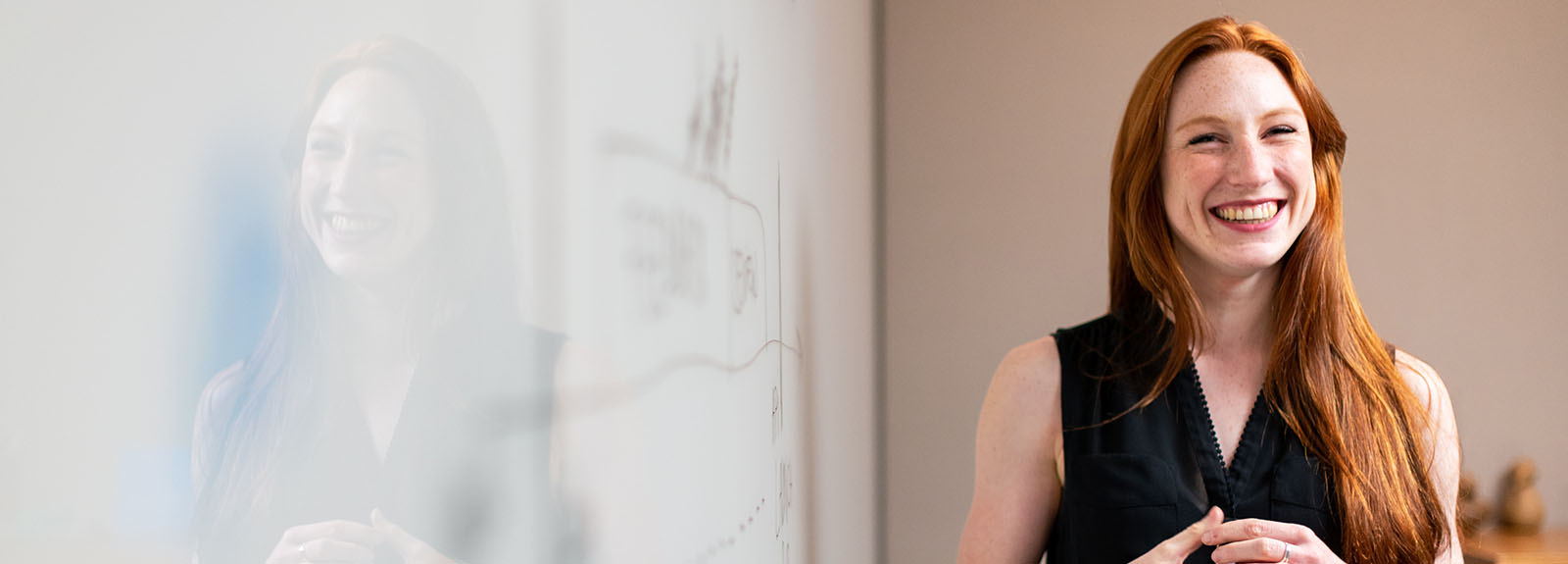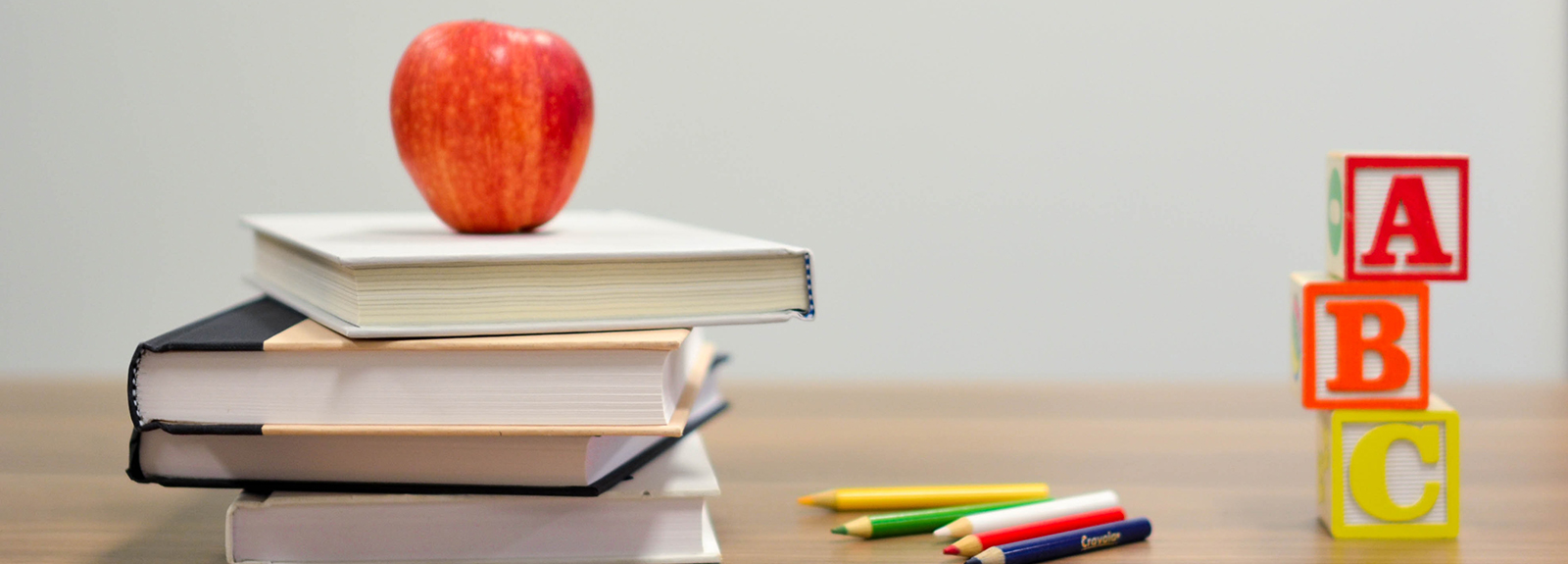- Can Animals Catch and Spread Coronavirus?
- Queen's University launches Covid-19 Research Roundtable video series
- Queen’s rising to the COVID-19 challenge: The importance of simulation in healthcare
- How much of the coronavirus does it take to make you sick? The science, explained by Dr Connor Bamford
- TEDxQueensUniversityBelfast: Adapt and Change
- Prepare to sleep and sleep to be prepared.
- Supporting Children in Isolation
- Supporting Pets During Lockdown
- Immunology and COVID-19: Shaping a better world podcast
- Global trading: the good, the bad and the essential
- Global food supply chains in times of pandemic
- The impact of lockdown on isolation and loneliness
- Cancer Care in the Era of COVID-19
- ‘Giant’ of astronomy to host live school lessons
- How the pandemic is further alienating the disabled community
- COVID-19 and Older People: Shaping a better world podcast
- Engaging your child to learn during lockdown
- Stay well: Our expert guide to wellbeing during lockdown
- Working parents are feeling the strain of lockdown
- How is coronavirus affecting animals?
- The Coronavirus Act: Where it Falls Short
- Economic rebirth after COVID-19
- Coronavirus and the new appreciation of teachers
- ‘Make room for fun’: home-schooling for parents
- Why a collaborative research culture is needed to address the COVID-19 challenge
- COVID-19: Don’t bank on a rapid economic recovery
- Explained: the importance of behavioural responses when implementing a lockdown
- COVID-19: Curbing a loneliness epidemic
- How soap kills the COVID-19 virus
- An expert’s guide to working from home
- How to exercise safely during a pandemic
- Five tricks your mind might play on you during the COVID-19 crisis
Coronavirus and the new appreciation of teachers
From embracing remote learning opportunities to providing emergency childcare, our teachers have stepped up to the plate. They more than deserve the new-found appreciation being shown to them, says Professor Tony Gallagher from the School of Social Sciences, Education and Social Work at Queen’s.
You only have to glance online to see that the COVID-19 pandemic has sparked a new appreciation of teachers, particularly among harangued parents, who are suddenly tasked with home-schooling, many working full-time jobs at the same time.
Queen’s Professor Tony Gallagher, one of the world’s leading academic experts on the role of education in divided societies, hopes the plaudits aimed at our educators might be enough to power a real transformation of the landscape of our education system once the dust has settled.
“I suspect when we come out of this, there is going to be a lot of re-evaluation,” he says. “Even the very concept of essential workers, who are often in very low paid, transient jobs turn out to be essential workers because we need them to keep things going.”
Professor Gallagher compares it to a post-war social transformation. “After all wars, there is a lot of rebooting and a lot of rethinking. There is a very strong sense of social solidarity at the moment; people recognising how we all depend on each other, recognising our health service and the fact that it was run down for a period of time... During a crisis, assumptions start to fall apart a little bit and people start to question things they had previously accepted and taken for granted.”

Teachers certainly fall into the latter category; taken for granted until we were forced to confront the essential role they play in our children’s lives.
“I think we will need to re-evaluate the skills it takes to be a teacher - that is definitely going to change – and how we assess those skills. I think that transformation will happen in politics and it will happen in education as well.”
Stepping up when it counted
“Teachers in the immediate emergence of this crisis - when there was a lot of uncertainty over when and if schools were going to close and how it was going to organised - were magnificent in how they responded,” says Professor Gallagher. “I know a lot of teachers who immediately started to look at how they could move their materials online. A lot of teachers were sharing resources, materials and ideas. The response from teachers when there was a period of uncertainty was magnificent.”
He adds, “During that time, a lot of principals in particular were under huge amounts of stress and pressure.”
Professor Gallagher also highlights how teachers have supported parents in explaining the COVID-19 situation to children. “Some school principals have written letters home to parents, some of them are on the web, asking parents to talk through these issues with their kids and they are incredibly well framed,” he says. “They are explaining the seriousness of the situation and why it’s important; why we have to do certain things that we wouldn’t normally do, without scaring them. That is important that children understand there are certain rules now that we have to follow because we are in quite a serious situation. If we do follow all those rules and we do behave in the way we are supposed to behave, then that will help us overcome this whole situation and we can get back to normal as quickly as possible.”
Supporting vulnerable children
With lockdown fast becoming the new normal, teachers have once again stepped up to the mark with their energy and time in supporting children who continue to need looked after in school.
“The kids who are coming to school are those that are vulnerable and in need of some special help or children of health workers or other essential workers who need the space to keep doing what they are doing because it is so important,” explains Professor Gallagher. “It’s organised childcare rather than school and it is going to have continue over the Easter holiday.”

He adds, “Everyone should be confident that teachers are doing an amazing job, and even more so when all this is over and everything returns to normal, the teachers will be there ready to do the other transition, which is about getting back to normal schooling and filling in any gaps over what we have gone through. We can trust our teachers to do really well by our kids.
“This is a once in a lifetime event - there hasn’t been anything like this since 1918.
The landscape of education is changing as a result: it is certainly going to change the public standing of teachers, as people are much more aware of their importance. It has also fuelled a much greater appreciation for virtual learning as a supportive mechanism.”